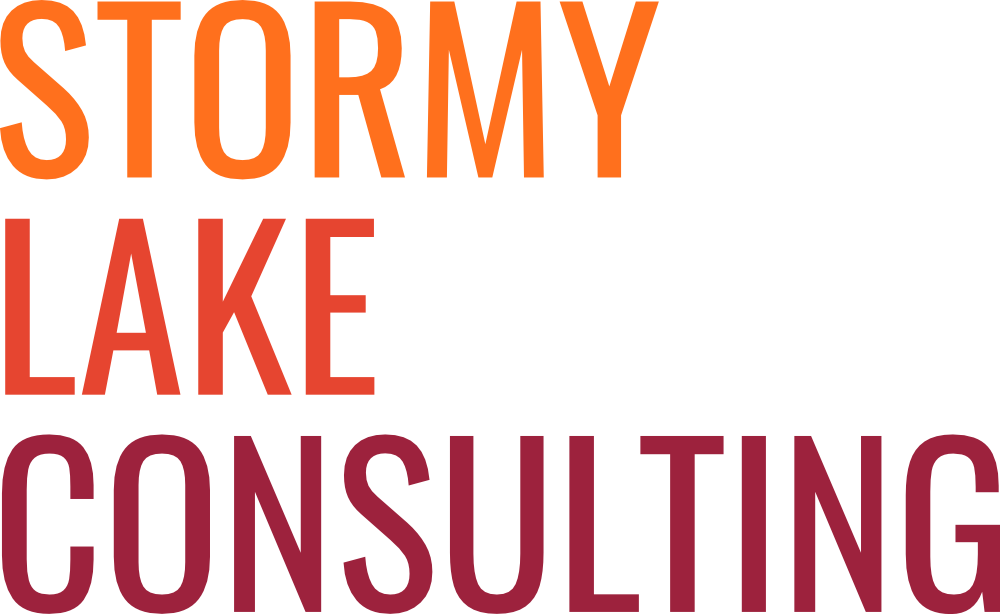The Weekly COVID update: This Week’s Fundamental Reading
It’s getting more and more complicated out there. We’re in the indefinite twilight zone of COVID ambiguity. Between malleable bylaws and wildly divergent behaviours it’s hard to know what to do.
Based on our own experiences in the past week, social gathering is moving from feeling like release from prison (think Shawshank) to an increasingly awkward and tense high school dance (think of your own).
At a recent living room concert, the small group of attendees started out socially distanced. But as the evening wore on, people talked about how much they missed social contact. Conversations moved closer. Handshakes were exchanged and hugs (a few) were given.
As close conversations and public displays of affection increased, you could see many in the room becoming increasingly uncomfortable and judgmental. Their eyes were screaming, “look at those irresponsible people – stay away from me.” And the returned glare was one of “don’t be so uptight.” Both were indictments of character. Neither gave credit for the pressure of the situation.
When you see someone break social distancing or mask norms, do you blame the situation or their character? Is that mask-less parent picking up their kids from school deliberately inconsiderate or did they forget it in their rush out the door? Often, we’ll justify our behaviour with situational factors while attributing other people’s failings to their character.
This phenomenon is called the fundamental attribution error. First discussed by Lee Ross in 1967 it remains a classic of social psychology.
We tend to attribute another person’s behaviour to their character and under-estimate the influence of the situation. Yet when we act in a manner inconsistent with our identity, we attribute it to the situation in which we find ourselves and less to our own innate character.
Let’s go back to the party. (It was a great party by the way, and we define great as being any party that has a really good musician who plays lots of Johnny Cash. “… I fell in to a burning ring of fire…“)
I can judge someone having physical contact as being naïve, irresponsible or even – gasp – trying to Make America Great Again, but what if the person coming in for the hug is your pastor? How much pressure must you feel to reciprocate?
And if someone leans in to speak with you, do the norms of social conversation compel you to lean in as well?
These are situational pressures that we often overlook in assessing the behaviours of others.
Here are some examples of the fundamental attribution error that we’ve run into:
I left dishes in the sink because I had a hard day at work. My spouse left dishes in the sink because they’re lazy.
We lost that bid because our qualifications don’t read well on paper. Our competitor lost the bid because they’re unqualified.
I got second in the bridge tournament because I’ve worked so hard to improve my game. The winner made a ridiculously lucky guess on the last hand.
My clothes are wrinkled because the iron broke. His clothes are wrinkled because he’s doing the walk of shame.
I didn’t return my grocery cart because I have a headache. They didn’t return their grocery cart because they have-no-respect-for-anything-oh-my-god-what-is-society-coming-to.
With Hallowe’en coming, we may see more and more masks like these. In this situation it is totally reasonable to judge the person.
Something else we’ve noticed is that when people decline to participate in social environments, they inevitably use situational reasons for their non-participation, perhaps unconsciously knowing that they will be judged less this way.
In our professional lives, as we evaluate the state of our businesses, it is easy to identify how the external COVID situation is lowering sales. But let’s be careful about current customers. They might not be coming because of our value proposition, but because COVID won’t let them make their usual purchases. Think snowbirds wintering in Osoyoos.
In this case, the fight to bring back old customers might be much less important than the fight to keep the ones you have right now.
(Come to think of it, wintering in Osoyoos is a great idea.)
So the next time you see the dishes in the sink, you might want to think, “Wow, he/she must have had a hard day. But that’s still no excuse for not putting them in the dishwasher.” Because not doing you share of the kitchen work is a pretty fundamental error too.


